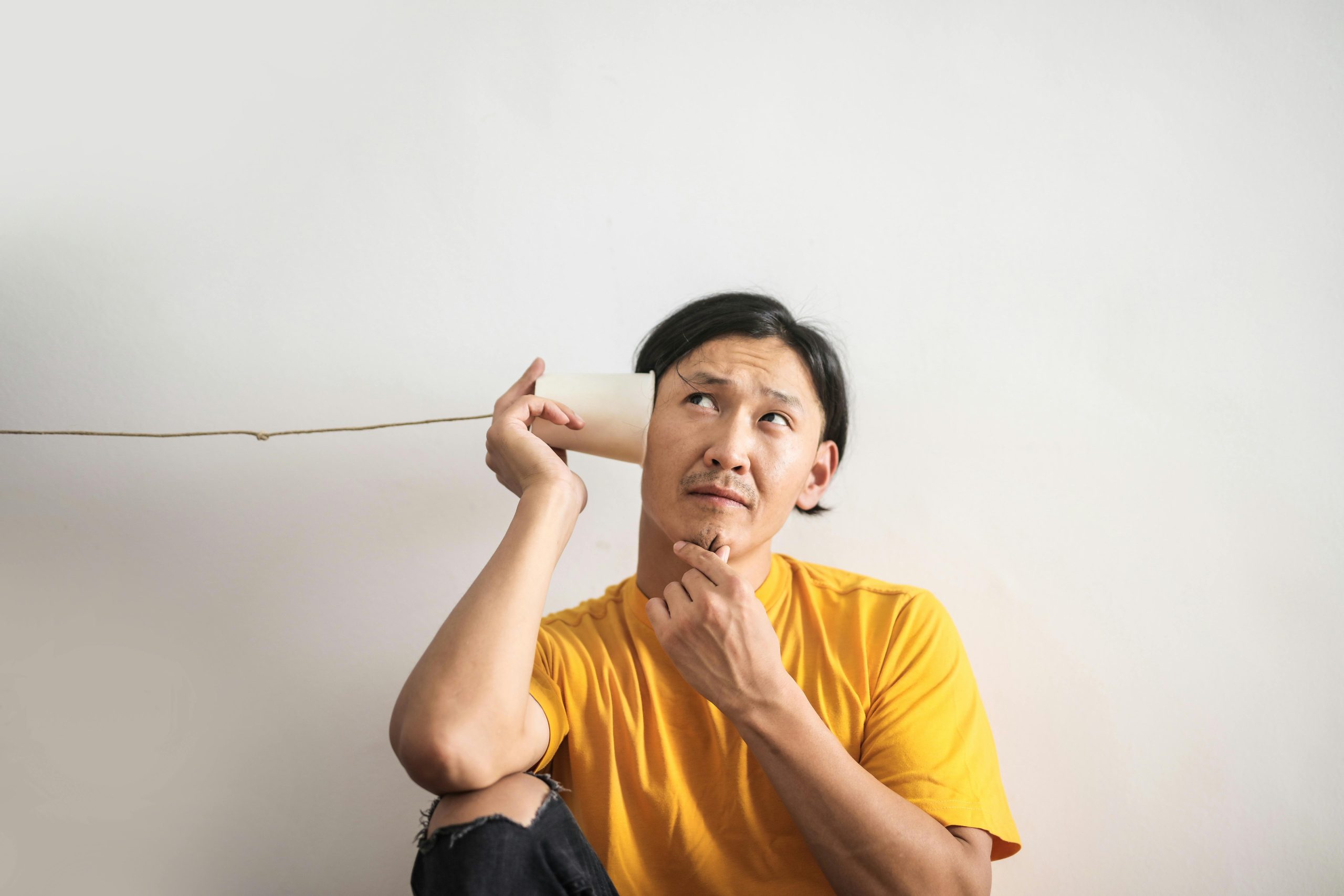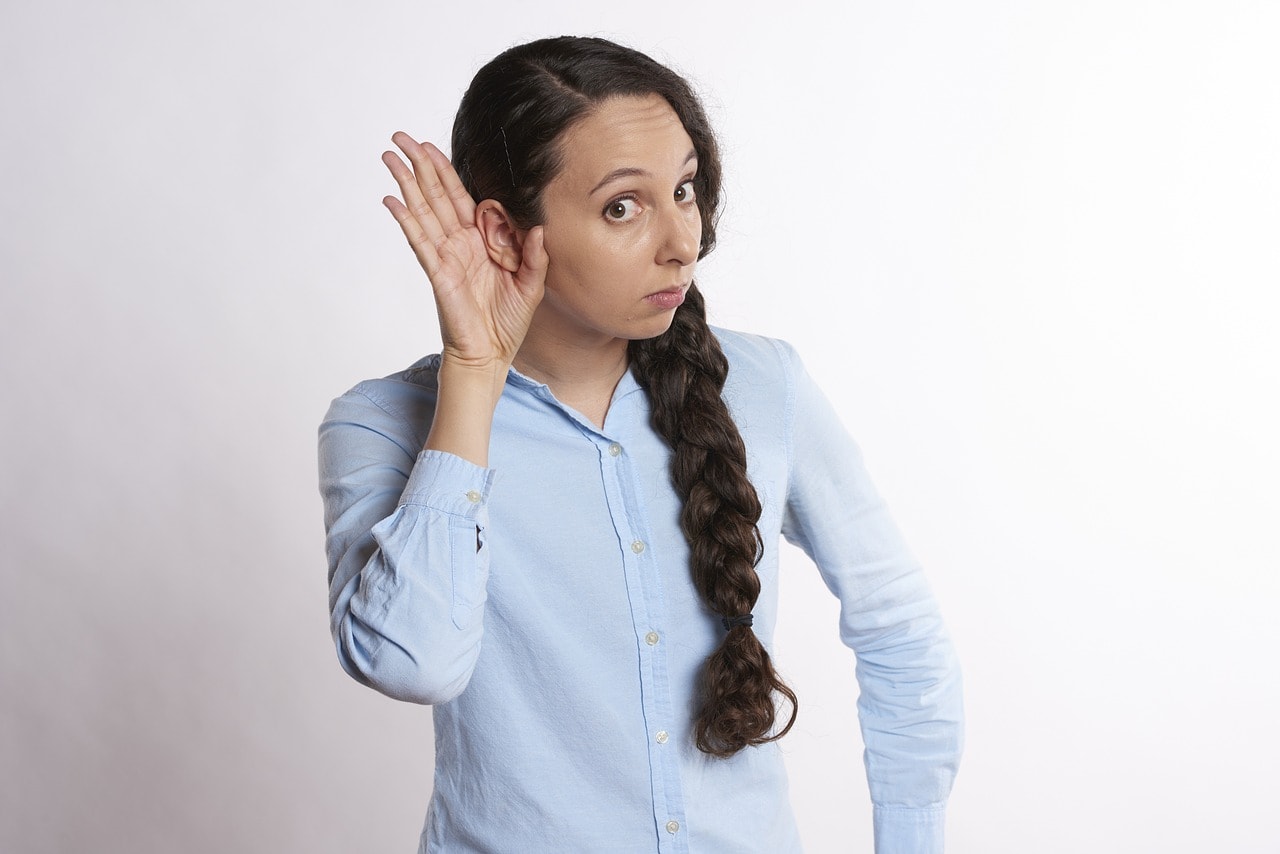
Hearing is a vital sense that connects us to the world, but it’s also vulnerable to damage from various sources. This blog explores effective strategies on how to protect your hearing and prevent hearing loss, including addressing sudden or temporary hearing difficulties and the risks posed by ear infections.
Understanding Hearing Loss
Hearing loss can manifest suddenly or temporarily due to exposure to loud noises, certain medical conditions, or even seemingly harmless activities. It’s crucial to recognise the signs and seek timely intervention.
- Sudden Hearing Loss: Abrupt loss of hearing can be alarming, and necessitates immediate medical evaluation to determine the cause, which might range from acoustic trauma to viral infections. Prompt treatment can sometimes reverse this condition.
- Temporary Hearing Loss: Often a consequence of short-term noise exposure or ear infections, this condition usually resolves itself but can hint at the potential for long-term damage if such exposures are frequent or left unchecked.
- Ear Infections: Infections can obstruct the ear canal, leading to hearing difficulties. Consistent hygiene and seeking medical treatment for symptoms like pain or discharge can prevent complications that may impair hearing.
- Age-Related Hearing Loss: Known as presbycusis, this form of hearing loss gradually occurs as individuals age, affecting their ability to hear higher frequencies at first and, over time, can impact lower frequencies as well. The degradation of inner ear cells, changes in blood flow to the ear, or cumulative damage from noise exposure are common contributors.
Hearing Protection Methods and Tips
1. Protect Your Ears in Noisy Venues
Exposure to loud environments, such as concerts or sports events, can be detrimental to your hearing. The use of earplugs in these settings is a simple yet effective measure. Ear protection devices help in mitigating the intensity of sound waves reaching the eardrum, significantly reducing the risk of temporary or permanent hearing loss.
Beyond conventional earplugs, consider custom-fitted musician’s earplugs, which are designed to reduce sound levels evenly across frequencies, preserving the clarity of music and speech. Investing in high-fidelity earplugs can enhance the experience at concerts and clubs while protecting your hearing.
2. Follow Workplace Safety Rules
Occupational noise is a common hazard in several industries. Abiding by workplace safety protocols and utilising hearing protection gear can prevent occupational hearing loss. Regular training and awareness programmes can further ensure that employees are equipped to protect their hearing.
In addition to standard hearing protection gear, encourage your workplace to implement quiet zones and soundproofing measures where feasible. Advocate for regular noise assessments and the adoption of quieter machinery and tools, which can significantly reduce overall noise exposure.
3. Choose Noise Cancelling Headphones
Noise-cancelling headphones are designed to reduce unwanted ambient sounds. This feature can help in lowering the volume levels needed to enjoy music or other audio, thus protecting against hearing difficulties. While these headphones can indeed protect your hearing to some degree, it’s vital to understand that they are most effective against constant, low-frequency noises and should be part of a broader approach to hearing conservation.
When selecting noise-cancelling headphones, consider those with adjustable settings that allow you to control the level of noise cancellation. This feature is beneficial in varying environments, ensuring optimal hearing protection while allowing important ambient sounds, like traffic alerts, to be heard.
4. Limit Exposure to Loud Noises
Frequent exposure to loud noises, including listening to music at high volumes or using power tools, can lead to hearing damage over time. It’s advisable to limit the duration and intensity of such exposures. Taking regular breaks from noise and reducing volume levels can significantly aid in hearing preservation.
Create personal guidelines for safe listening, such as the 60/60 rule for headphone use: listening at no more than 60% of maximum volume for no longer than 60 minutes at a time. Embrace the use of sound level meter apps to make informed decisions about when to take breaks and reduce volume.
5. Prevent Swimmer’s Ear Infection
Swimmer’s ear, an infection of the ear canal, can be prevented by wearing earplugs while swimming. Ensuring that your ears are dry and using ear drops if necessary can help avoid this condition, which, if left untreated, can contribute to temporary hearing loss.
After swimming, besides using ear drops, tilt your head to each side to help water drain from your ear canals. At home, you can use a hair dryer on the lowest setting to gently dry your ears, holding it at least a foot away from your head to avoid burns.
6. Avoid Doing Things That May Damage Your Ears
Practices such as ear candling or improper ear wax removal can be harmful. It’s crucial to follow safe methods for earwax removal and avoid inserting objects into the ear canal, as these practices can lead to infections or damage the delicate structures within the ear.
For safe earwax removal, consider over-the-counter drops to soften wax or visit a healthcare professional for regular cleaning. Avoid using cotton swabs or sharp objects that can push wax deeper into the ear canal or cause injury.
7. Monitor Activities That May Impact Your Hearing
Being mindful of the noise levels in your environment, whether at home, at work, or during recreational activities, is essential. Tools like smartphone sound level meter apps can help you gauge noise levels so you can take appropriate protective measures when necessary.
In addition to using sound level meter apps, consider adopting noise-reducing home improvements, such as using rugs, curtains, and wall fabrics to absorb sound. Minimise the use of devices that contribute to background noise simultaneously to reduce overall exposure.
8. Schedule Routine Ear Check-Ups in Singapore
Regular hearing assessments are crucial for detecting early signs of hearing loss, enabling timely intervention. Many clinics provide accessible services to monitor your hearing health, including free hearing tests and consultations on hearing aids in Singapore.
By adopting these practices, you significantly reduce the risk of hearing loss and actively protect your auditory well-being. Staying informed and proactive in ear and hearing care is essential for a lifetime of good hearing health.
For those looking to take the next step in their hearing health journey, The Hearing Solution Group offers a range of services tailored to meet your needs, facilitating the maintenance and care of your hearing.

 Find Us
Find Us Call Us
Call Us
